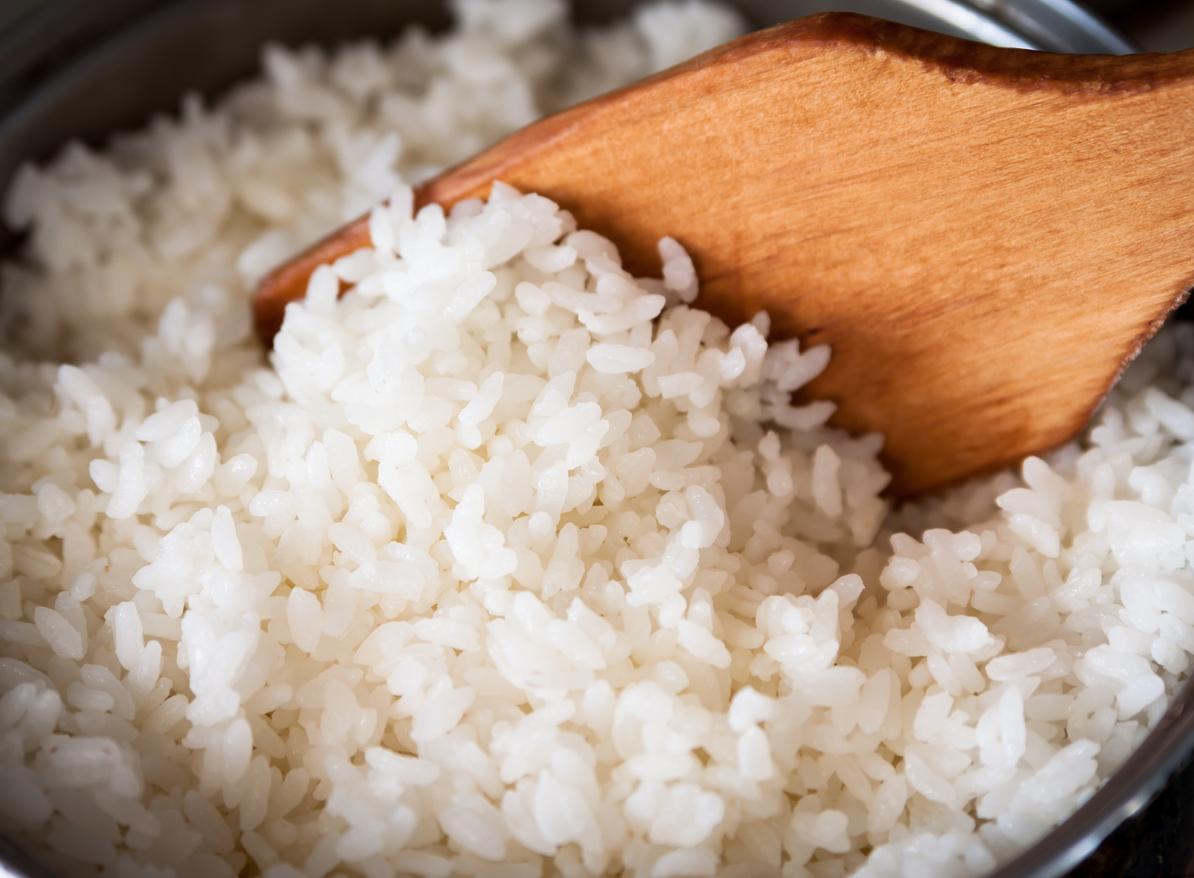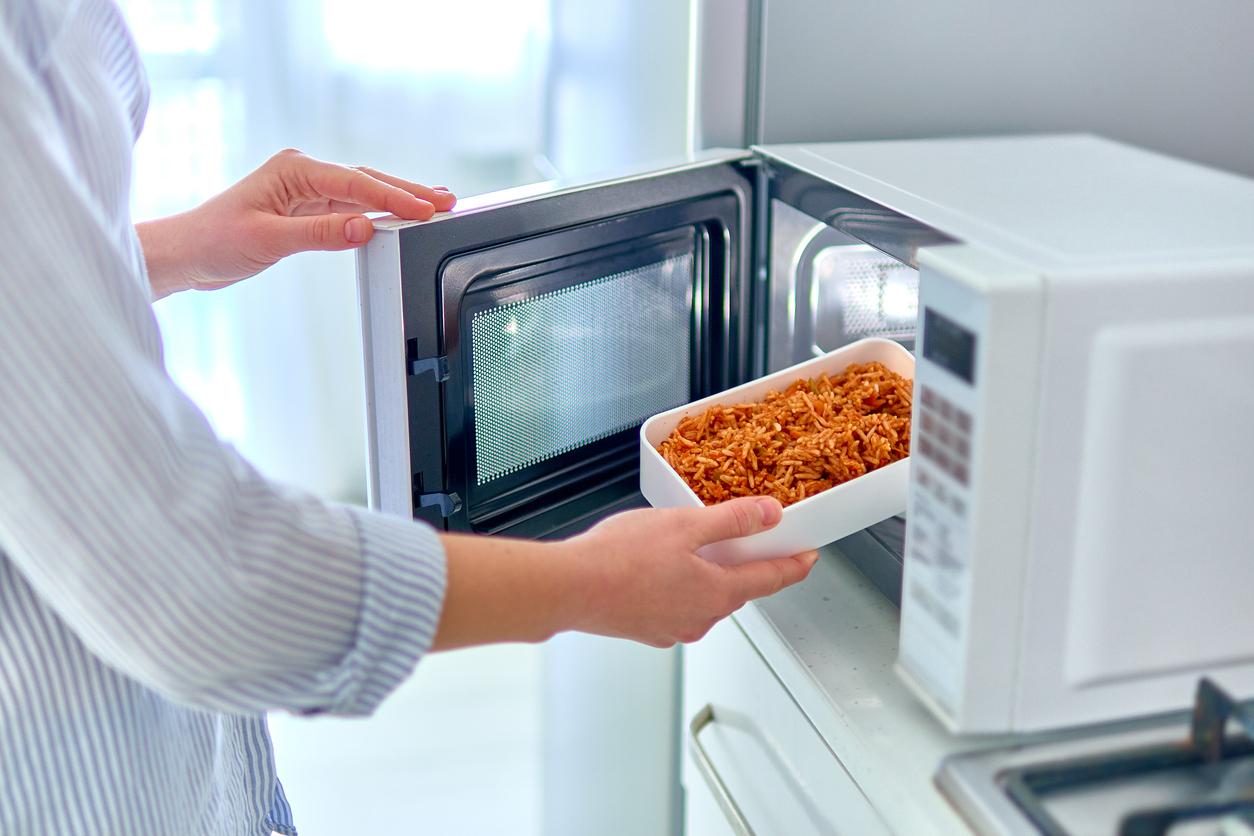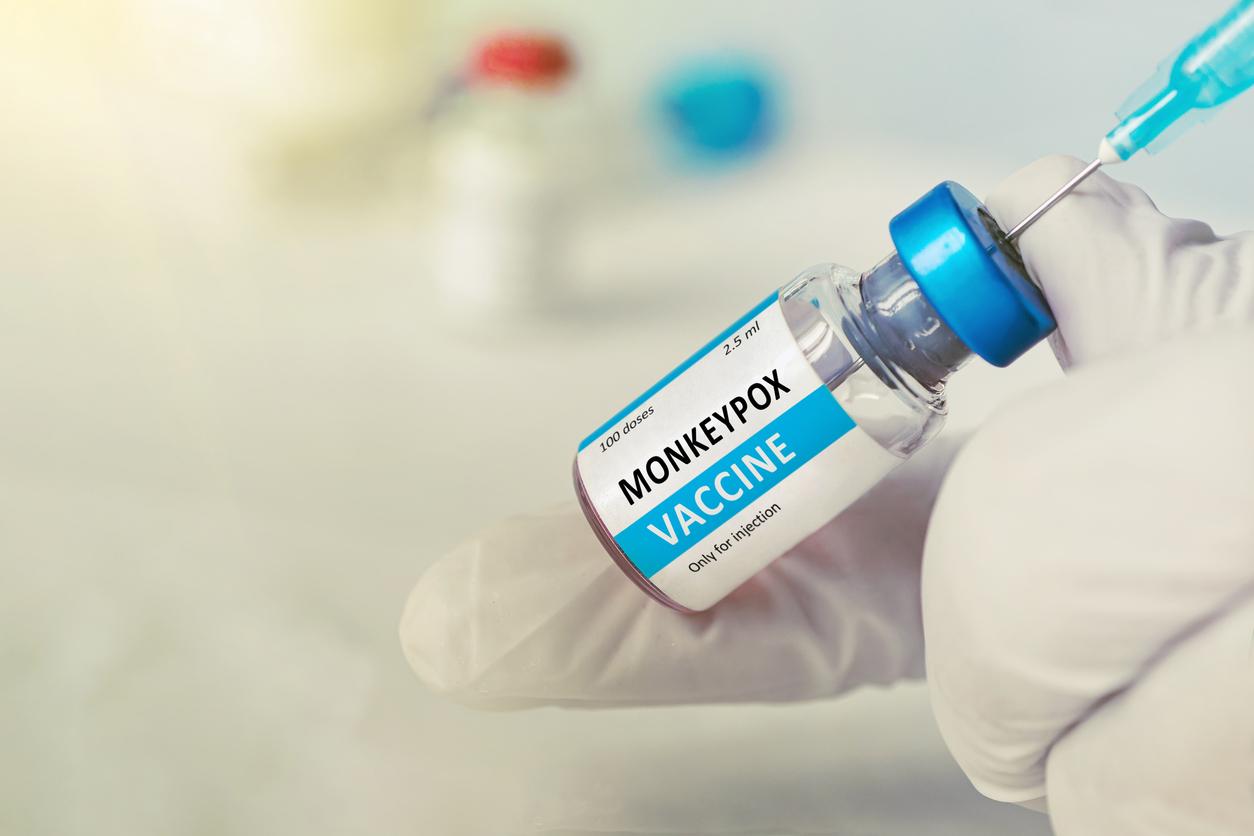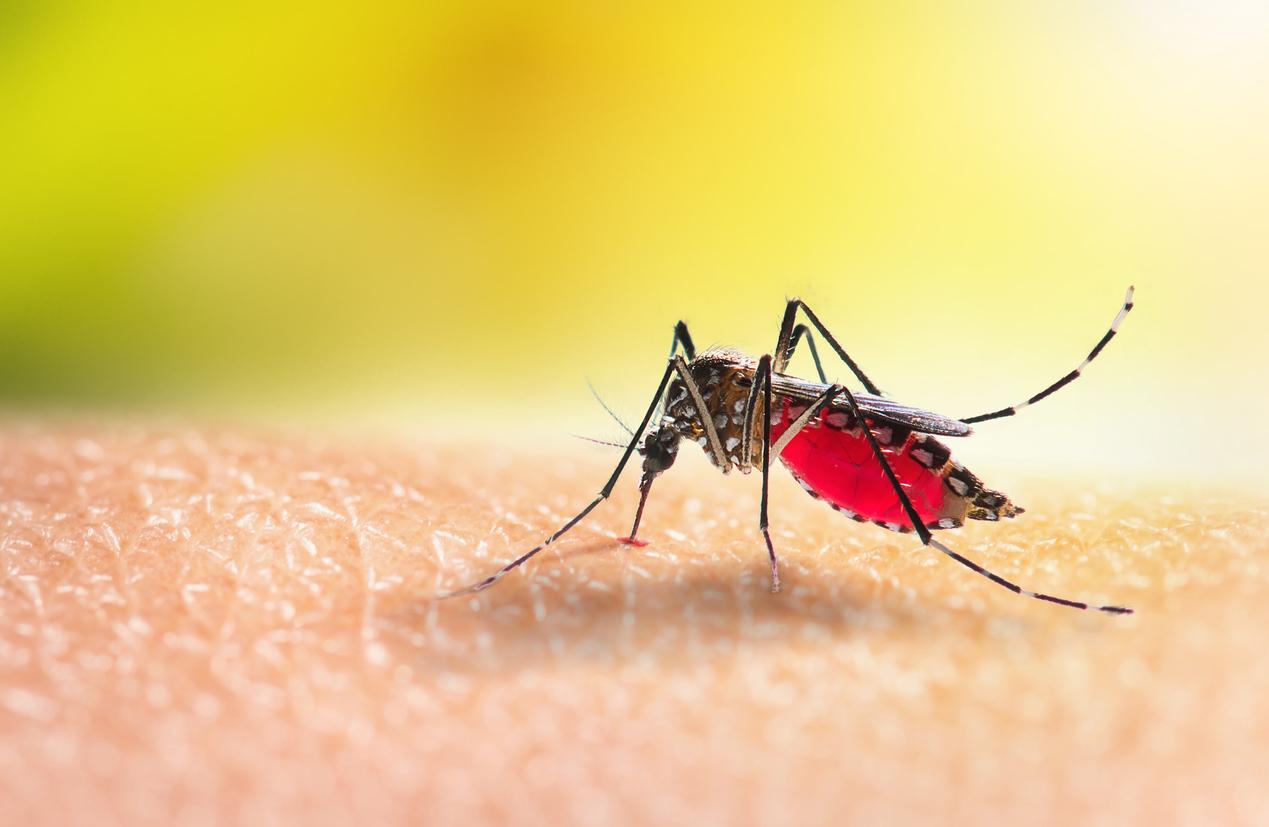Jars and other jars where spices are stored can become contaminated with bacteria when cooking.

- Food can be contaminated with bacteria such as Salmonella or Listeria.
- To limit the risks, immunocompromised people, children and pregnant women should consume well-cooked meat and avoid raw products.
Cooking requires discipline! Scrupulous hand washing, keeping ingredients at the right temperature, and cleaning utensils are important. But sometimes bacteria hide in unexpected places. A study, published in Journal of Food Protectionshows that the containers where the spices are stored are often contaminated.
Tests to observe the contamination of objects and surfaces in a kitchen
“In addition to more obvious surfaces like cutting boards, bin lids and refrigerator handles, there are now other things to watch out for when trying to cook hygienically.“, raises Donald Schaffner, professor emeritus in the Department of Food Science at the Rutgers School of Environmental and Biological Sciences, and author of this study. With his colleagues, he became interested in cross-contamination, the process by which bacteria pass from one surface to another. They recruited 371 people, who had to cook the same turkey burger recipe in several different kitchens. Each person prepared the same meal, using raw ground turkey patties, seasoning and a prepackaged salad.
To simulate the movement of pathogens in a kitchen, the team inoculated meat with a bacteriophage called “MS2” without the knowledge of the participants. “Bacteriophages are viruses that infect bacteria, but do not pose a threat to humans“, they specify. As soon as a participant had finished cooking his meal, the scientists tested all the kitchen utensils and surfaces to detect the presence of the MS2 tracer. other places, such as faucets or spice containers.
Spice jars, more contaminated than trash can lids!
The results show that 48% of the spice containers tested showed signs of MS2 contamination. Cutting boards were the second most contaminated items, followed by trash can lids. “Faucets were the least prone to contamination during food preparation”, raise the authors. “We were surprised as we had never seen evidence of spice jar contamination before“, observes Donald Schaffner. According to him, most of the studies focused on cutting boards or taps.
Bacteria in the kitchen: a risk for human health
Researchers point out that foodborne illnesses, including salmonella, are responsible for nearly two million infections each year in the United States. They also point out that it is possible to avoid these contaminations by handling food correctly, respecting cooking recommendations, washing your hands, decontaminating surfaces and utensils. Now we have to add to the list: by cleaning the spice jars properly!

















